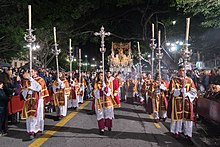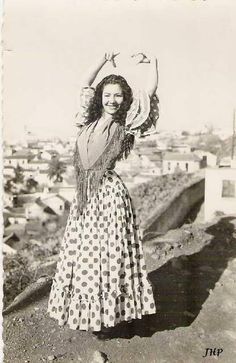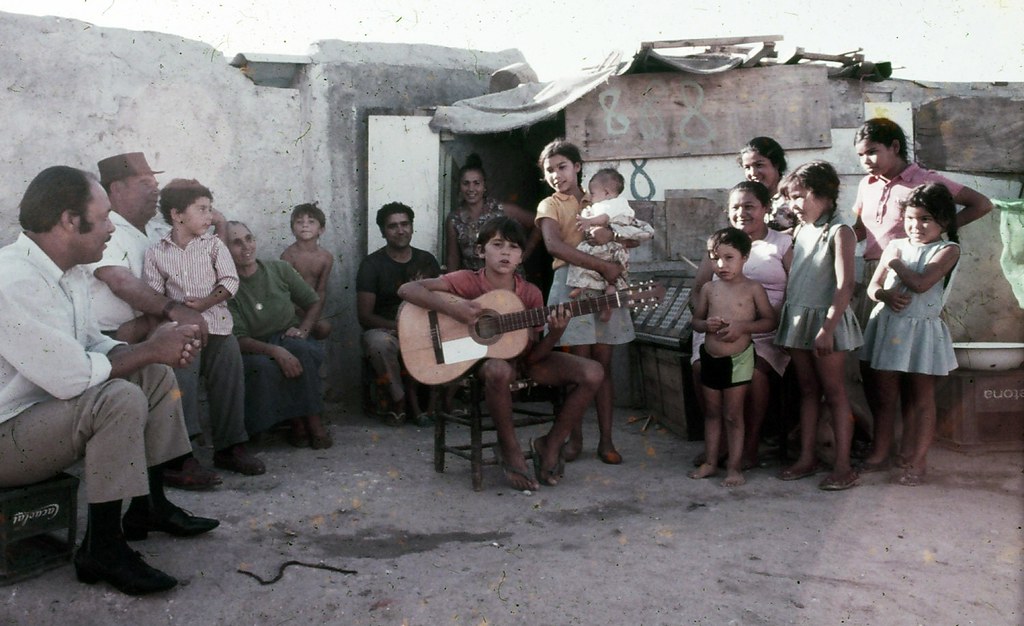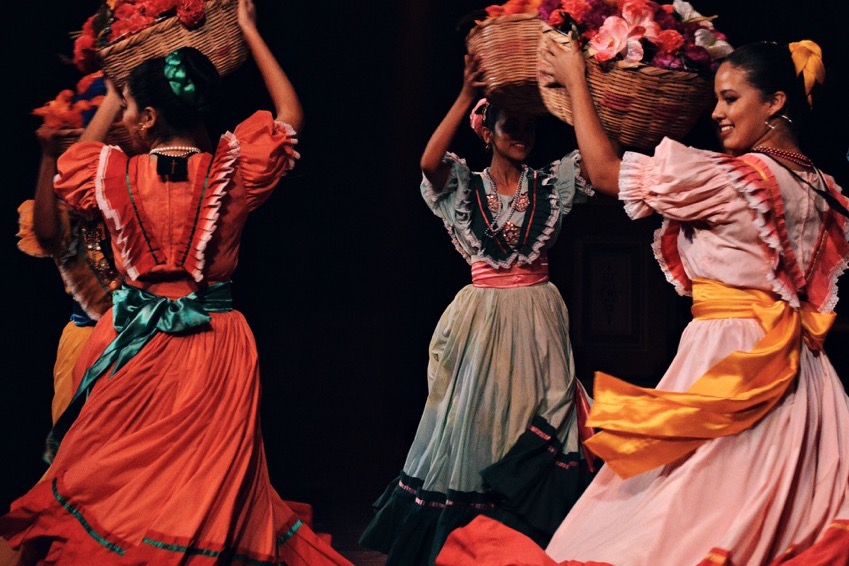In my new novel, Book 3 of the Jacaranda Dunne Mysteries, some of my characters are gypsies, so I have been busy finding out all I can about the history of gypsies in Spain, and thought I would share my research in my blog.
The gypsies, or Romani people came originally from India and over the centuries spread west across central Europe. Some headed south-west and settled in Spain, particularly in Andalusia, where they have lived for over six hundred years. There are approximately one and a half million of them in Spain, 700,000 of whom live in Andalusia.
It is unclear why they left or were made to leave India, but they seem to have been outcasts who took up a wandering, nomadic life across the world. There are references to them in Persia during 10th century, in Hungary, Russia and Rumania. They can be found in both south and north America, even in Australia. They travelled to Britain and Ireland, settled in France and Germany, and became famous for their singing and their music, as well as gaining a reputation for stealing, begging and smuggling. They also made their living as basket weavers, horse traders, blacksmiths, fortune tellers, butchers and entertainers.
Everyone has seen images of gypsy women as either beautiful, bejewelled young dancers and singers, or as old women with their tarot cards telling fortunes, but there is another side to the gypsy. They are very religious people, and most Spanish gitanos worship in the Catholic Church. They have a strict code of conduct and expect complete loyalty to the family group. The woman must be a virgen when she marries and once married she becomes the property of her husband. He would usually take his new wife to live with his mother, and he would have complete control over her and their children. Probably because of the persecution they had experienced over the centuries gypsies, even today, stay very much in their clans, which are controlled by the patriarch. He is the one who settles any disputes, or deals out punishments. Nothing happens in the clan without the knowledge and agreement of the patriarch. The worst punishment for a gitano is to be banished from the family or clan. something that would happen if they turned to the police for help instead of the patriarch.
The Spanish word for gypsy is gitano, which derives from the word egiptano—an old Spanish word for Egyptian—as many thought that the gypsies had come originally from Egypt, not India. Their language is Caló, although they can all speak Spanish these days, and many have forgotten all but a few words of their original language.
Their lives in Spain were hard from the moment they arrived in the peninsula in the 15th century, but by the 18th century things became worse when the authorities introduced many laws which were intended to break them up as a group and force the gypsies to assimilate into the general population. They were not allowed to speak Caló, their settlements were dispersed and if a gitano wanted to get married he had to marry a payo—a non-gypsy. In an attempt to get rid of them the police arrested all the gypsies they could find and put them in prison, but this didn’t work and they were eventually forced to release them because of public unrest.
During the Franco era there is no evidence of state persecution, but gypsies were not treated as Spanish citizens, rather they were ignored and most lived in extreme poverty in shanty towns. Although they suffered racial discrimination, it was the discrimination of indifference. Nobody really cared if their children went without food, or if they had no clean water to drink or to wash their clothes. The payos considered them lazy and inferior, and if they managed to find work, they were paid half of what a payo could expect. At that time almost 70% of adult gypsies were illiterate. Many children were excluded from schools, or were deliberately kept away by their parents. It wasn’t until Franco died and the Spanish Constitution was drawn up in 1978 that the gitanos received equal rights. The Constitution made all Spaniards equal before the law, and everyone, including gypsies, was given access to health care, education, housing and social care. However, despite the new constitution, change was slow to happen and for many years the shanty towns where they lived continued to exist on the outskirts of many large cities. Today most gitanos have been rehoused and the shanty towns pulled down.
Nowadays gitanos can marry payos, and a lot do, but many remain close to their families and enter into arranged marriages, where the custom of ensuring that the bride is a virgin is still practised. A woman called the ajuntaora, visits the bride during the wedding and, accompanied by the married women of the bride’s family, examines her to ensure her virginity is intact. A positive result is greeted with joy and celebration. Weddings are a lavish affair, and traditionally begin with an engagement party, called a pedimiento and then there is the casamiento, the wedding ceremony which is normally performed in a church. The rest of the day is a grand celebration with food and wine, traditional flamenco music, singing and dancing.
Although gitanos as a whole have faced racial discrimination for centuries, their women have been discriminated against on three counts. They lived in a patriarchal society where they were under the control of either their fathers or their husbands all their lives. They were part of a minority group which had little social value and a culture which only saw women in the roles of wife and mother. That is changing. There are no legal barriers to education or jobs anymore and many young gitanos, both men and women, now go to university, and have successful careers. That doesn’t mean that the negative attitudes towards gypsies has gone completely. Like all discrimination, you can change the law but changing opinions takes more time. Nevertheless Spain has done more to integrate their gypsy population into society than many other countries. The gitanos are a proud group of people and they still cling to their culture and traditions. Their contribution to the culture of southern Spain is wide, and is evident in their music, dancing and song. Nowadays one could almost say that the word flamenco was synonymous with Spanish music.





















4 Responses
All true, and there was also an influx of gitanos directly from Egypt, those who travelled across north Africa and into Spain, so not all, I believe, travelled down from Eastern Europe.
The Gitano/Romani have a brilliant history.
Yes, it’s an interesting history. Thanks for commenting. Joan
Very interesting! Especially about their life in Franco’s time. Also that their catholic religion is so important to them.
Thank you for your comment. I’m glad you found it interesting. If you want to receive news about my new books and special offers you can sign up for my newsletter on my webpage. Joan